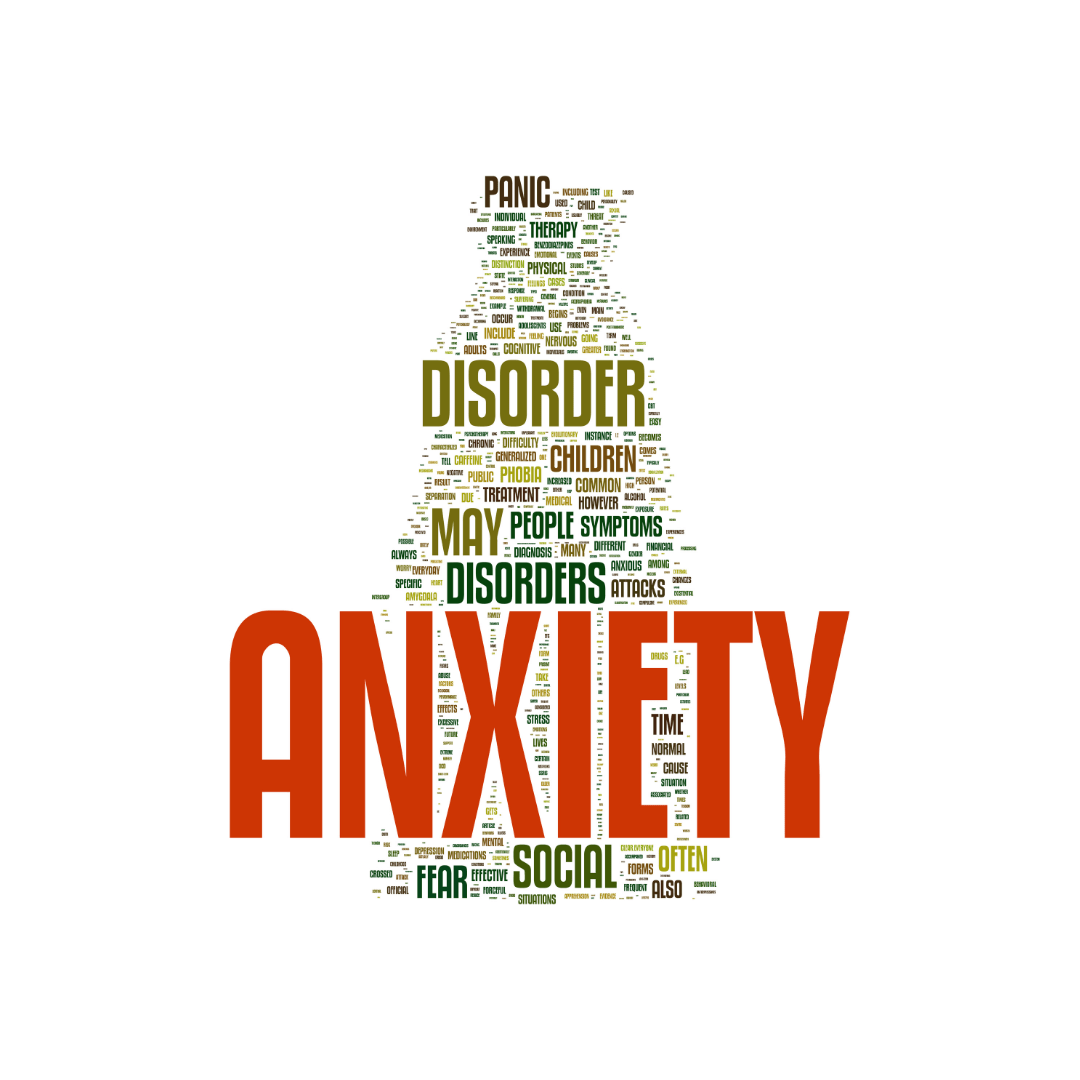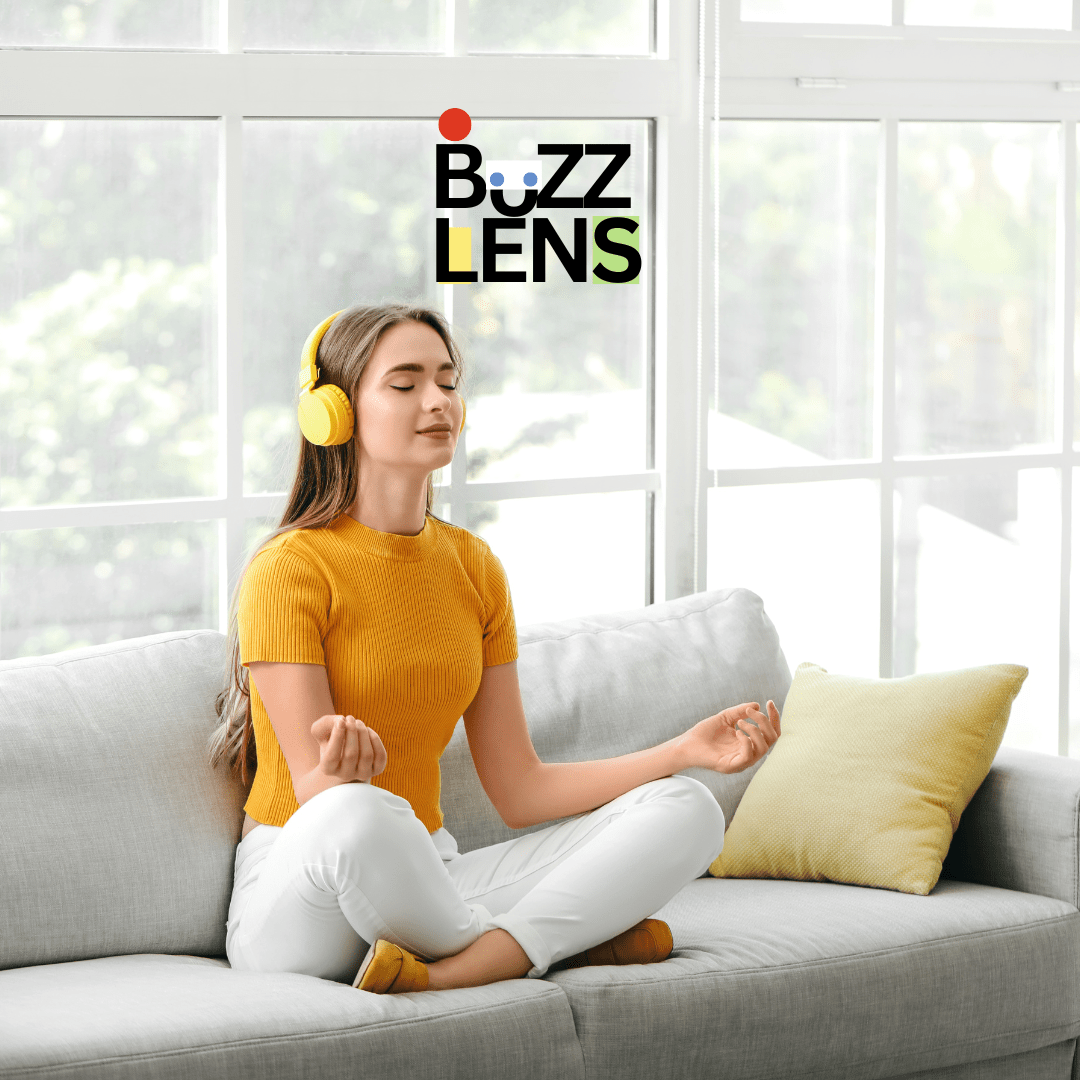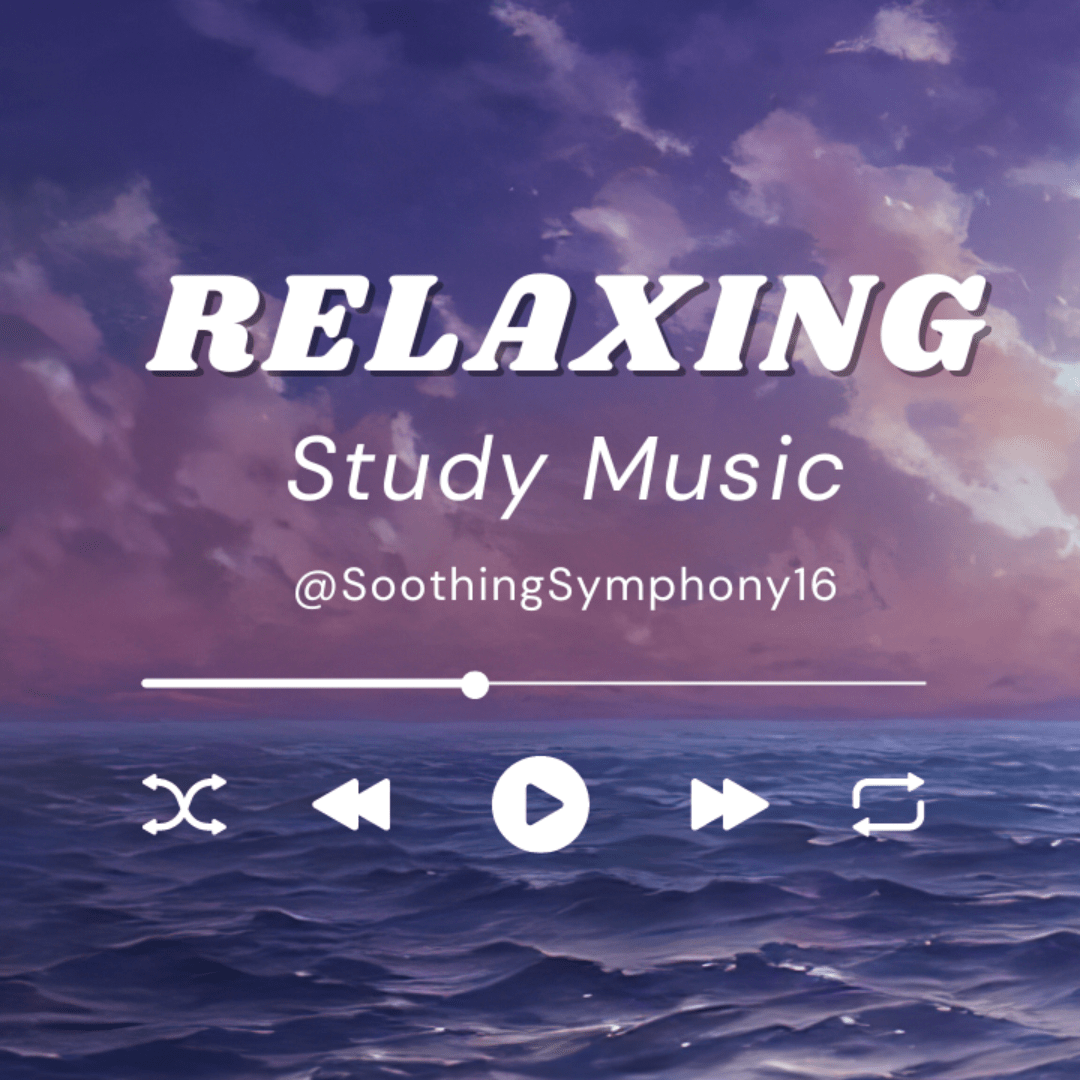Health
Understanding Anxiety Treatment: Effective Approaches and Therapies
Published
1 year agoon
By
Admin
Anxiety treatment involves a combination of therapy, medications, lifestyle changes, and self-care strategies aimed at reducing symptoms and improving overall well-being.
What is Anxiety?
Anxiety is a natural response to stress, but when it becomes overwhelming and persistent, it can interfere with daily life.
Anxiety disorders, including generalized anxiety disorder (GAD), panic disorder, social anxiety, and phobias, affect millions of people globally.
While anxiety can be challenging, various effective treatments are available to help manage symptoms.
Common Symptoms of Anxiety
Understanding the symptoms of anxiety is crucial to seeking the right treatment.

Symptoms include:
- Excessive worry or fear about everyday situations.
- Physical symptoms like sweating, trembling, or a racing heart.
- Restlessness or feeling on edge.
- Difficulty concentrating or sleeping.
- Avoidance behavior, where individuals avoid triggers that cause anxiety.
If these symptoms persist for six months or longer, it’s essential to seek professional help.
Also Read: Cardiac Arrest vs. Heart Attack: Understanding the Differences and Health Implications
Approaches to Anxiety Treatment
There is no one-size-fits-all approach to treating anxiety, but several methods are commonly used to alleviate symptoms.
Cognitive Behavioral Therapy (CBT)

Cognitive Behavioral Therapy (CBT) is a highly effective treatment for anxiety. It helps patients identify and change negative thought patterns and behavioral responses that contribute to anxiety.
CBT typically involves:
- Cognitive restructuring: Changing distorted thinking patterns.
- Behavioral strategies: Encouraging patients to face their fears in controlled situations.
CBT has been shown to provide long-lasting benefits for individuals with various anxiety disorders.
Exposure Therapy

For individuals with phobias or panic disorders, exposure therapy is often a key part of treatment. This therapy gradually exposes patients to anxiety triggers in a controlled environment, helping them reduce their fear response over time. By facing their fears, individuals learn that anxiety diminishes, and they develop coping mechanisms.
Medication
Medications are often used alongside therapy to manage anxiety symptoms.
Common classes of medications prescribed for anxiety include:
- Selective Serotonin Reuptake Inhibitors (SSRIs): Such as sertraline (Zoloft) and escitalopram (Lexapro). These antidepressants increase serotonin levels in the brain and are commonly prescribed for long-term management.
- Benzodiazepines: Such as diazepam (Valium) or alprazolam (Xanax). These are typically prescribed for short-term relief of acute anxiety due to the risk of dependence.
- Beta-blockers: These medications, like propranolol, are used to manage the physical symptoms of anxiety, such as a racing heart or trembling.
Medication should always be prescribed by a healthcare provider, with close monitoring to adjust dosages and minimize side effects.
Also Read: How Much CRP Level Is Dangerous? Understanding When CRP Levels Signal Health Risks
Lifestyle Changes and Self-Care for Anxiety
While therapy and medication are effective, incorporating lifestyle changes and self-care strategies is essential to support overall treatment.
These strategies help manage anxiety on a day-to-day basis and promote long-term mental health.
Exercise and Physical Activity
Regular physical exercise has been shown to significantly reduce anxiety symptoms by releasing endorphins and improving mood.

Exercise also promotes better sleep and reduces stress.
- Aim for 30 minutes of moderate exercise most days of the week.
- Activities such as yoga and tai chi are especially beneficial for anxiety as they combine physical movement with mindfulness and relaxation.
Also Read: Building Healthy Self-Esteem to Boost Mental Health: Key Strategies for Success
Mindfulness and Meditation
Mindfulness meditation is a powerful tool for managing anxiety. Mindfulness involves focusing on the present moment and accepting thoughts and feelings without judgment.

Regular mindfulness practice can:
- Decrease the severity of anxiety symptoms.
- Increase self-awareness and emotional regulation.
- Improve overall mental clarity.
Popular mindfulness practices include deep breathing exercises, progressive muscle relaxation, and guided meditations.
Balanced Diet and Sleep
Proper nutrition and adequate sleep are crucial for maintaining mental health and reducing anxiety.
Some tips include:
- Eating a balanced diet rich in whole grains, vegetables, lean proteins, and omega-3 fatty acids, which support brain health.
- Limiting caffeine and alcohol, as they can exacerbate anxiety symptoms.
- Establishing a regular sleep schedule and practicing good sleep hygiene to ensure quality rest.
Reducing Stress
Chronic stress can worsen anxiety, making stress management a key component of treatment.
Effective strategies include:
- Time management: Prioritizing tasks and breaking them into manageable steps can reduce overwhelm.
- Relaxation techniques: Activities like journaling, reading, or spending time in nature can provide much-needed mental breaks.
Also Read: Morning Habits to Kickstart Your Day: 8 Creative Routines for Success
Alternative Therapies for Anxiety
For some individuals, alternative treatments may complement traditional therapy and medication.
These therapies include:
Acupuncture

Acupuncture, an ancient practice rooted in Chinese medicine, involves inserting thin needles into specific points on the body. Some research suggests that acupuncture can help reduce anxiety by balancing energy and calming the nervous system.
Herbal Supplements

Certain herbal supplements have been shown to alleviate anxiety symptoms, including:
- Ashwagandha: A traditional Indian herb that can reduce stress and anxiety.
- Kava kava: Known for its calming effects, but should be used with caution due to potential liver toxicity.
- Chamomile: Often consumed as a tea, it is known for its mild sedative effects.
It is important to consult a healthcare provider before using any herbal supplements, as they may interact with medications or cause unwanted side effects.
Recognizing When to Seek Professional Help
While many individuals can manage mild anxiety through lifestyle changes, there are times when professional intervention is necessary.
Seek help if:
- Anxiety interferes with daily life, work, or relationships.
- You experience panic attacks or extreme fear in specific situations.
- Self-care strategies are not reducing symptoms.
- You notice physical symptoms like chest pain, shortness of breath, or dizziness.
A mental health professional can provide an accurate diagnosis and recommend the appropriate course of treatment.
Combining Treatments for Effective Anxiety Management
For many individuals, a combination of therapies provides the most effective treatment for anxiety. A comprehensive approach that includes therapy, medication, and lifestyle changes can help alleviate symptoms and improve long-term mental health.
Therapy and Medication Together
Many people find that combining CBT or exposure therapy with medication provides a balanced approach to managing anxiety. Therapy addresses the underlying emotional patterns, while medication helps control the physical symptoms of anxiety.
Integrating Lifestyle Changes
Incorporating lifestyle modifications such as exercise, mindfulness, and stress reduction can reinforce the benefits of therapy and medication. These habits can prevent the recurrence of anxiety symptoms and promote overall well-being.
Managing Anxiety is Possible with the Right Treatment
Anxiety treatment offers a wide range of options, from therapy to medication to self-care practices. With the right combination of treatments, individuals can manage their symptoms and lead fulfilling lives.
It’s essential to remember that anxiety is highly treatable, and early intervention can prevent symptoms from becoming overwhelming.
Speak with a healthcare provider to explore the best treatment options for your specific needs.
You may like
Health
Level up casino reviews Australia edition
Published
7 months agoon
July 22, 2025By
Wilson MarkLevel up casino reviews Australia edition
In this blunt review, we break down everything you should know about level up casino reviews for Australian players. Find out what matters, which platforms to consider, and pitfalls to avoid. If you’re thinking about joining or comparing online casinos, this is your guide. Get facts, not hype.
Popular Australian Casinos at a Glance
Pokies Madness: Grab 250% Up to $400 & 100 FS
Casino in Your Pocket: 110% Up to $100 & 120 Spins
Pokies Paradise: 200% Up to $2,000 + 150 Free Spins
Start Winning: 300% Bonus Up to $1000 & 75 Spins
Pay with PayID: 50% Match to $400 & 200 Free Spins
Go Big: 175% Welcome Up to $150 & 75 Spins
30% Cashback Every Week – Up to $100 Back
Jump In: 120% Bonus Up to $250 & 40 Free Spins
Aussie Players Welcome: 50% Up to $250 + 60 FS
Welcome Gift: 150% Match Up to $400 + 200 FS Included
Free Play: $100 Bonus + 15 Spins Without a Deposit
Get Started: 300% Bonus Up to $2500 + 150 Free Rounds
Intro Offer: 80% Bonus Up to $400 & 60 Free Spins
Stack the Deck: 300% Match Up to $100 & 75 Spins
Welcome Gift: 150% Match Up to $400 + 200 FS Included
Unlock 20 Free Spins on Your First Deposit
Blackjack Bonus: 80% Up to $750 on Your First Deposit
VIP Lounge Access: 175% Up to $1000 + 100 FS
Midweek Reload: 30% Bonus Up to $300 & 250 FS
High Roller Special: 175% to $3000 + 25 Free Spins
Best slot games on level up casino reviews
Online pokies and slots offer fast, exciting gameplay with instant outcomes and the possibility of sizable rewards. Below, you’ll find a curated selection of the hottest online pokies and slots trending among Australian players. Try your luck or explore new titles directly from home.
Top Online Casino Services and Games
Licensed Australian casinos deliver diverse services, from real money pokies and live-dealer games to poker tables, blackjack, and original skill-based experiences. Level up casino reviews cover which providers offer the best mix. Choose based on your preferences for big wins, variety, or strategy.
Popular Australian Casinos at a Glance
- LevelUp Casino
- Punt Casino
- National Casino
- Casino Rocket
- Fair Go Casino
- Joo Casino
- King Johnnie Casino
Top Online Casino Services and Games
- Online poker rooms
- Real money pokies
- Progressive jackpots
- Live dealer tables
- Blackjack tournaments
- Roulette games
- Baccarat and more
Best Slots and Pokies You Can Play
- Wolf Gold
- Big Bass Bonanza
- Buffalo King
- Gates of Olympus
- Starburst
- Temple Tumble
- Sweet Bonanza
- Book of Dead
- Money Train 2
- Aztec Magic
How Deposits and Withdrawals Work
Australian casino sites make depositing simple with debit cards, e-wallets, and crypto options. Withdrawals usually take from several hours up to five days, with verification needed for first-time requests. Daily and weekly withdrawal limits apply. Review each casino’s financial terms before signing up.
| Payment Method | Deposit Time | Withdrawal Speed |
|---|---|---|
| Visa/MasterCard | Instant | 1-3 days |
| Neosurf | Instant | N/A |
| Bitcoin | Instant | Within 1 day |
| Skrill | Instant | 1-2 days |
Mobile Casino Experience in Australia
Most Aussie online casinos offer sleek mobile sites or dedicated apps for Android and iOS. Features include mobile-only bonuses, quick game loading, and fast deposits. All major pokies and live games work on smartphones and tablets.
Bonuses and Promotions
Welcome packages, no deposit spins, and reload bonuses boost your bankroll. Wagering requirements typically range from 20x to 50x. Always check bonus expiry and eligible games. VIP rewards systems offer cashback, fast payouts, and event tickets for regulars.
Security and Fair Play Ensured
Look for gambling operators licensed by international authorities. All games should use RNG technology for fairness. SSL encryption protects your data. Independent audits are a positive sign. Customer funds should stay segregated from operations accounts.
Customer Support and Player Care
Quality live chat is now standard. Hotlines and email support offer extra layers. Expect a response within minutes during Aussie business hours and detailed FAQ sections for self-help. Multilingual staff are available at leading casino brands.
Responsible Gambling Tools & Advice
Responsible gaming tools include personal deposit caps, self-exclusion, and time trackers. Accredited sites promote responsible gambling organisations. Early signs of unsafe behaviour trigger notifications or account limitations. Seek help if you feel your play is out of control.
Reading the Fine Print: Terms & Conditions
Always read the small print regarding playthroughs, max withdrawal limits, and restricted games. Terms may be updated frequently. Some casinos restrict bonus play for certain games or regions. Careful reading avoids misunderstandings and disappointment.
FAQ – level up casino reviews in Australia
What is level up casino reviews?
Level up casino reviews are independent opinions, overviews, and ratings of major online casinos available in Australia, focusing on features, reliability and user experience.
Are online casinos safe for Australians?
Licensed online casinos use security protocols and fair play policies, but always check for proper regulation before playing.
Can I win real money at Australian online casinos?
Yes, you can win and withdraw real AUD winnings if you play at certified Australian-friendly sites.
Which payment methods can I use?
Common methods include Visa, MasterCard, Neosurf, cryptocurrency, bank transfer, and popular e-wallets.
What are typical bonus wagering requirements?
Most sites ask for wagering your deposit and bonus 20-50 times before withdrawal.
Is there a best time to play online pokies?
No specific time guarantees better odds, as pokies use random number generation for each spin.
Best Online Casinos in Australia 2024
Australia’s iGaming landscape is thriving with fresh brands, innovative games and player-first bonuses, making it a great time to explore top casino sites. Whether you’re into pokies, live tables or sports betting action, the following brands are popular choices among Aussie punters. Get to know which ones stand out and why.
Aussie Play Casino Experience
Aussie Play is well known for its laid-back style and huge pokies library. Players in Australia can expect a very generous welcome bonus, easy registration and local-friendly banking options. Their mobile site works fluently on even basic phones. Customer service is on hand 24/7 via live chat.
Bizzo Casino in the Australian Market
Bizzo has quickly become a favourite due to its fast payments and over 3,000 pokies from top software providers. Aussie players can use AUD for deposits and withdrawals, and weekly free spins offers help keep the excitement high. Their tournaments are a must-try for slot fans.
Caesars Casino Down Under
Caesars, an international casino giant, also accepts Australian players with a sophisticated selection of games. From classic table games to immersive live dealer experiences, it brings a slice of Las Vegas straight to your home. Advanced encryption ensures safe and private gameplay.
Casino Swish for Pokies Fans
Casino Swish makes a mark with its slick interface and huge selection of Aussie-themed pokies. Players can join loyalty programs and claim reload bonuses tailored to regular players. Its payment process is streamlined for local convenience and quick payouts.
Casinonic: Trusted Option for Australians
Australians frequently recommend Casinonic for its speedy withdrawals, secure transactions, and quality games from Pragmatic Play, Microgaming and more. Promotions are frequent and the supporting team is responsive, ensuring an easy experience for new players.
Gets Bet: Sports Betting and More
Gets Bet wraps casino, live casino and sports betting in a single platform, ideal for Aussies who like to combine pokies and wagering. Real-time odds and a seamless mobile app attract sports enthusiasts across the country.
Golden Tiger Casino’s Reputation
Golden Tiger stands out with its big progressive jackpots, frequent bonuses and a reliable Aussie support team. Its desktop and mobile sites both run smoothly, making it a long-standing favourite for Australian casino fans.
High Roller Action
If you like higher stakes, High Roller is tailored for VIP play. Its lavish perks, cashbacks and high deposit limits attract serious punters. Withdrawal times are among the fastest in the segment.
Other Noteworthy Australian Casino Sites
The following brands also have a loyal following in Australia:
- Interwetten brings strong betting options and casino games with fast pay-outs.
- Merkur features top pokies and unique branded games with easy navigation.
- Planet7Casino is famous for on-the-spot cash bonuses and round-the-clock assistance.
-
Poker Star delivers robust poker tournaments and interactive table experiences.
- Royal Ace offers both pokies and table games; attractive for both casual and experienced players.
- SlotJoint gives hundreds of pokies and flexible payment solutions for locals.
- SlottyWay is popular for its exciting slot tournaments and weekly reload bonuses.
- Sportingbet merges betting with casino action, supporting a great range of Aussie sports and slots.
- ThePokies features a local-first approach with loads of Australiana slots.
Uptown Aces and WildCardCity
Uptown Aces focuses on generous welcome bonuses, secure payment options and unique slot themes. WildCardCity is all about urban glamour with VIP privilege schemes and handy support, ensuring top rates of player satisfaction.
WynnBet
WynnBet is gaining pace with mobile-first design and exciting promotions. Its tailored sports and casino offers appeal to players who demand both action and safety.
Responsible Gambling for Australians
Before you start spinning reels or placing wagers, remember to play responsibly. Australia has support services such as Gambling Help Online and phone helplines to provide confidential advice and help you keep gaming fun and safe. Play only with money you can afford and set limits for your entertainment.
Reference only. 18+ / 21+ where applicable
level up casino reviews
Health
Why Do People on Obesity Medications Drink Less Alcohol? Here’s What We Know
Published
1 year agoon
December 14, 2024By
Wilson Mark
Some people who take anti-obesity medications drink less alcohol. Scientists are trying to figure out why this happens.
How Anti-Obesity Drugs Impact Alcohol Use
Anti-obesity medications, such as Wegovy and Ozempic, may lower alcohol consumption. These drugs, called GLP-1 receptor agonists, are usually prescribed to help with weight loss and type 2 diabetes. However, new research shows they might also reduce drinking habits.
A recent study found that 45% of people on these drugs drank less alcohol. The study, published in JAMA Network Open, involved over 14,000 participants. Researchers believe this connection could lead to more discoveries about these medications.
Key Findings
Here’s what the study revealed:
- Participants: Over 14,000 individuals taking anti-obesity medications.
- Results: 45% of drinkers reduced their alcohol intake.
- Drugs Used: Medications included semaglutide, tirzepatide, and liraglutide.
- Who Benefited Most: Heavy drinkers and people with severe obesity saw the biggest change.
While most participants saw no change, only 2% drank more alcohol.
Why Do These Drugs Affect Alcohol?
The exact reason remains unclear.

However, experts have a few ideas:
- Impact on the Brain: These drugs may reduce cravings by changing how the brain processes rewards. This could lower the desire for alcohol.
- Lifestyle Changes: Many people make healthier choices while on these medications, such as eating better or drinking less.
- Lower Tolerance: Weight loss reduces alcohol tolerance, which might lead people to drink less.
More research is needed to confirm these theories.
Can These Drugs Treat Addiction?
Some experts are hopeful these drugs could help with addiction in the future. However, they are not currently approved for this use.
Dr. Timothy Brennan from Mount Sinai said, “These findings are exciting, but we need more studies to understand their effects on alcohol use.”
Researchers believe these drugs have potential, but it’s too early to draw conclusions.
Should You Avoid Alcohol While Taking These Medications?
You don’t have to stop drinking completely, but experts suggest being cautious.

Here’s why:
- Side Effects: Alcohol may worsen nausea or low blood sugar, which are common side effects of these drugs.
- Calories: Alcohol contains a lot of calories, which could slow your weight-loss progress.
- Health Benefits: Reducing alcohol may improve overall health and make the medication more effective.
If you’re starting a new medication, it’s a good time to evaluate your drinking habits.
What Should You Do?
If you’re prescribed medications like Wegovy or Ozempic, consider these tips:
- Notice if your cravings for alcohol change.
- Take this chance to build healthier habits.
- Talk to your doctor if you have concerns about drinking or other side effects.
What’s Next?
The link between anti-obesity medications and reduced drinking is fascinating. Scientists need more studies to understand how these drugs work.
For now, they remain a powerful option for weight management. The added benefit of possibly reducing alcohol consumption is an exciting bonus.
Health
How to Get Rid of Sulfur Burps: Effective Remedies and Prevention Tips
Published
1 year agoon
November 5, 2024By
Wilson Mark
Sulfur burps may be alleviated by changes in diet, proper water intake, and the use of pharmacy drugs, but it is crucial to know what causes them.
Sulfur Burps
Sulfur burps are bad-odour burps that smell like rotten eggs; many people experience this.
They can be painful and awkward and are sometimes coupled with other abdominal symptoms, including bloating, stomach-churning, or diarrhoea. The foul smell associated with sulfur burps emanates from hydrogen sulfide (H2S) generated inside your stomach.
To know how to treat and get rid of sulfur burps, it is essential to understand the causes that contribute to it.
This article will look at possible causes of sulfur burps, options for natural cure remedies, medical treatment, and ways of avoiding them.
What Causes Sulfur Burps?
Sulfur burps occur when hydrogen sulfide gas builds up in the stomach and is released through burping.

Various factors can contribute to the production of this gas, but here are the most common causes:
- Dietary Choices
Certain foods high in sulfur content can contribute to the production of sulfur gas. Some of these foods include:- Eggs
- Meat (especially red meat)
- Cruciferous vegetables like broccoli, cabbage, and cauliflower
- Garlic and onions
- Dairy products
- Beans and legumes
- Gastrointestinal Infections
Some infections, particularly those caused by bacteria like Helicobacter pylori or parasites like Giardia, can lead to sulfur burps. These infections can disrupt your digestive system, leading to excess gas production. - Indigestion or GERD (Gastroesophageal Reflux Disease)
Indigestion or GERD can slow digestion, allowing food to sit in the stomach longer and produce more gas. This gas can sometimes have a sulfurous smell, leading to sulfur burps. - Food Intolerances
Lactose intolerance, gluten sensitivity, or other food intolerances can cause incomplete digestion of food, leading to gas buildup and sulfur burps. - Medications
Some medications, particularly those containing sulfur compounds or antibiotics that affect the balance of gut bacteria, can contribute to sulfur burps.
Natural Remedies to Get Rid of Sulfur Burps
Although passing sulfur burps might be embarrassing, in most cases, they can be cured naturally. Below, I give you some home remedies that may help if you decide to try:
1. Stay Hydrated

Proper digestion requires that one drink enough water, which is determined by the intensity of the exercises. Drinking fluids eliminates accumulated toxins, thus ensuring the digestive system is working properly, and there is less likelihood of developing gas. Avoid sulfur burps by taking at least eight glasses of water per day.
2. Green Tea or Herbal Teas

Green tea, mint, or chamomile will also relax your tummy and reduce gas formation. Green tea, in particular, has antioxidants that can help with digestion, while peppermint helps to relax the gut.
3. Eat Smaller, More Frequent Meals

Eating large meals or taking more than necessary also puts pressure on the digestive system, resulting in information of gases, including sulfur. Dividing the portions into smaller meals that are taken frequently ensures that the body can break down the food into Sulphur without experiencing sulfur burps.
4. Avoid Sulfur-Rich Foods
If you experience sulfur burps often, you should reduce the intake of sulfur-containing foods such as eggs, broccoli, garlic, and dairy products. These foods may cause more gas production; therefore, cutting down or eliminating these foods from the diet may greatly help.
5. Try Apple Cider Vinegar

Apple cider vinegar (ACV) is one of the go-to home remedies for enhancing digestion. ACV has an impact on balancing the level of acidity in the stomach, hence facilitating the digestion of foods and decreasing the formation of sulfur gas. Ingest a glass of water mixed with 1 tablespoon of ACV, and see if it is taken before meals.
6. Use Probiotics
Probiotics are beneficial bacteria that promote healthy digestion by balancing the gut’s bacterial environment. Taking a probiotic supplement or eating probiotic-rich foods like yogurt, kefir, or sauerkraut can help prevent sulfur burps by keeping your digestive system balanced.
Over-the-Counter Remedies for Sulfur Burps
Several over-the-counter treatments are available if natural remedies aren’t enough to resolve your sulfur burps.
1. Antacids

Many recipes warn about foods that produce gas, but antacids can help neutralize stomach acid and leave your digestive system to do the work. This may be useful, especially if the sulfur burps originate from indigestion or GERD.
Table: Best OTC Medications for Sulfur Burps
| Medication Type | How It Helps | Example Products |
|---|---|---|
| Antacids | Neutralize stomach acid | Tums, Rolaids |
| Simethicone | Breaks up gas bubbles in the stomach | Gas-X, Mylanta Gas |
| Probiotics | Supports gut health | Culturelle, Align, Florastor |
2. Simethicone
It is an anti-gas drug that alters the sizes and distribution of gas in the stomach and intestines, promoting gas release without the smell.

Simethicone-containing products such as Gas-X or Mylanta Gas quickly relieve such pain.
3. Activated Charcoal
Charcoal is effective in absorbing gases and toxins in your stomach. The common formulation is a pill that can successfully minimize normal gas and sulfur-related burps.
Always check with your doctor before using charcoal supplements, as they may interfere with medications.
When to See a Doctor for Sulfur Burps
While sulfur burps are often harmless, they can sometimes signal an underlying health issue that requires medical attention.
If your sulfur burps are persistent or accompanied by other symptoms, such as severe abdominal pain, diarrhoea, nausea, or vomiting, it’s time to consult a doctor.
Here are a few conditions that may require medical evaluation:
1. Gastrointestinal Infections
As mentioned earlier, infections like H. pylori or Giardia can cause sulfur burps and other symptoms like bloating, nausea, diarrhoea, and stomach cramps. Testing for these conditions often involves stool, blood, or breath tests.
2. GERD or Chronic Indigestion
GERD or chronic indigestion can lead to frequent sulfur burps due to slowed digestion. If you experience heartburn, regurgitation, or pain after eating, consult a healthcare provider for proper diagnosis and treatment.
3. Food Intolerances or Sensitivities
Food intolerances, such as lactose intolerance or celiac disease, may cause sulfur burps. Your doctor may recommend elimination diets or tests to identify specific food triggers.
Prevention Tips: How to Stop Sulfur Burps from Coming Back
Once you’ve gotten rid of sulfur burps, preventing them from returning is essential. Here are some long-term strategies you can follow:
1. Monitor Your Diet
Pay attention to how certain foods affect your digestive system. Keeping a food diary can help you identify which foods trigger your sulfur burps so that you can adjust your diet accordingly.
2. Eat Slowly and Chew Thoroughly
Eating too quickly can cause you to swallow air, leading to gas and burping. Chewing food thoroughly helps your digestive system break down food more efficiently, reducing the chance of sulfur gas forming.
3. Avoid Carbonated Beverages
Carbonated drinks like soda and sparkling water introduce extra air into your stomach, which can lead to burping. Try to cut down on these beverages to reduce gas and sulfur burps.
4. Exercise Regularly
Regular physical activity can improve digestion by keeping things moving through your gastrointestinal tract. Even light activities like walking after a meal can help prevent gas buildup.
5. Stay Hydrated
Hydration is vital to maintaining healthy digestion. Water helps break down food and keeps things moving through your digestive system, reducing the likelihood of gas formation.
Banish Sulfur Burps for Good
Sulfur burps may be unpleasant, but they’re usually treatable with dietary changes, natural remedies, and over-the-counter medications.
Whether you’re dealing with a one-time issue or chronic sulfur burps, identifying the underlying cause is the first step toward relief.
By adjusting your diet, staying hydrated, and trying some of the remedies outlined here, you can eliminate sulfur burps and prevent them from returning.
Remember, if sulfur burps persist or are accompanied by other severe symptoms, it’s essential to consult a healthcare provider to rule out any underlying health issues.


iOS 26 Explained: Stability & The Future of iPhones
Level up casino reviews Australia edition
Magnitude 5.1 Earthquake Rattles Northern Iran — No Major Damage Reported
Trending
-

 FASHION9 years ago
FASHION9 years agoThese ’90s fashion trends are making a comeback in 2017
-

 Entertainment9 years ago
Entertainment9 years agoThe final 6 ‘Game of Thrones’ episodes might feel like a full season
-

 FASHION9 years ago
FASHION9 years agoAccording to Dior Couture, this taboo fashion accessory is back
-

 Entertainment9 years ago
Entertainment9 years agoDisney’s live-action Aladdin finally finds its stars
-

 Sports9 years ago
Sports9 years agoBoxing continues to knock itself out with bewildering, incorrect decisions
-

 Entertainment9 years ago
Entertainment9 years agoThe old and New Edition cast comes together to perform
-

 Sports9 years ago
Sports9 years agoPhillies’ Aaron Altherr makes mind-boggling barehanded play
-

 Sports9 years ago
Sports9 years agoSteph Curry finally got the contract he deserves from the Warriors




